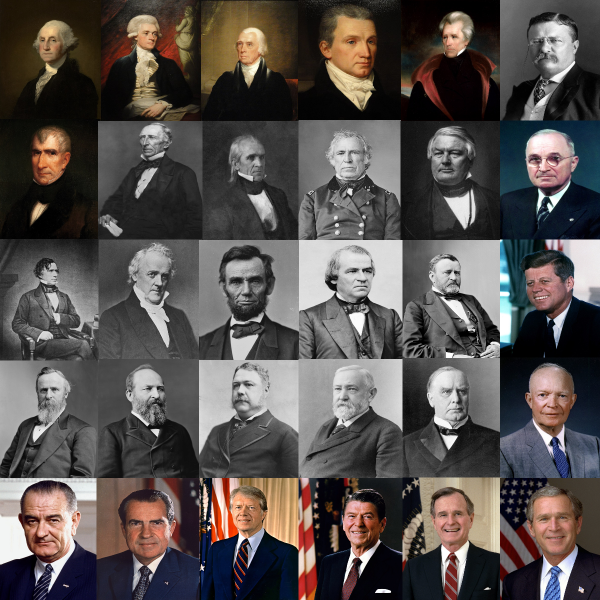Of the 46 U.S. Presidents to date, 31 served in the U.S. military and 15 had no prior military service.
The American President holds the position of Commander-In-Chief, as stipulated by the U.S. Constitution to ensure civilian control of the Armed Forces.
Therefore, military service and/or background is not a prerequisite or Constitutional requirement for those elected to the presidency.
Here is a list of the 31 Presidents that served in the military and the 15 that didn’t.
Table of Contents
1. George Washington
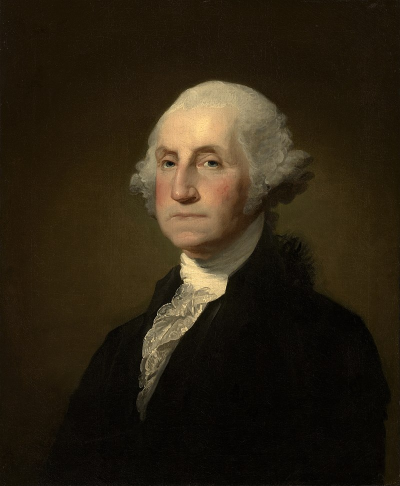
George Washington (1st U.S. President) joined the military as a colonist.
By the time he was 23, he was in command of all troops in the Virginia militia.
In 1775, at the start of the Revolutionary War, Washington was made General and Command-in-Chief of the Continental Army.
Most historians agree that the American Revolution would not have succeeded without Washington’s strategic leadership.
He held this position as General until 1783, when he returned home as a private citizen and was then elected by unanimous vote as the first U.S. president in 1789.
2. Thomas Jefferson
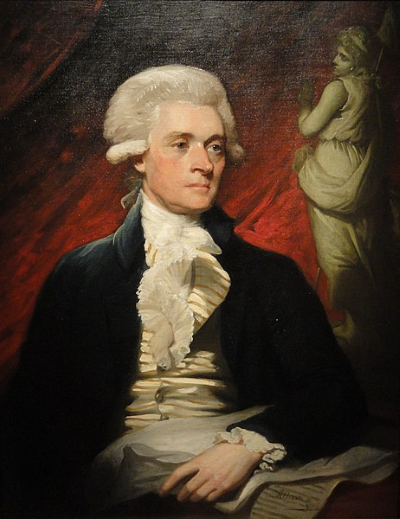
Thomas Jefferson (3rd U.S. President) spent nearly nine years serving in the military from 1770-1779.
At the beginning of the Revolutionary War, Jefferson was a colonel in the Virginia militia.
In 1775, he took command of the Albemarle County militia, an area in which he later built his Monticello home.
3. James Madison
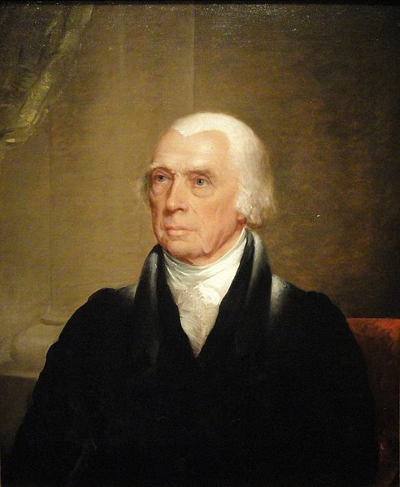
James Madison (4th U.S. President) served from 1775-1781 and was a colonel in the Virginia Militia.
Though he was commander of the Orange County Regiment, he was in very poor health.
As a result, he was precluded from active military service.
4. James Monroe
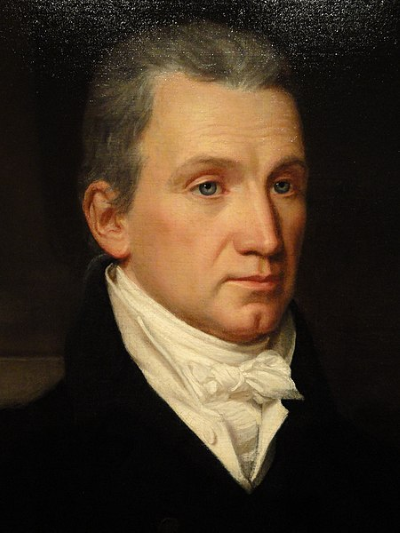
James Monroe (5th U.S. President) served from 1775-1778 and became a major in the Continental Army.
As a member of the 3rd Virginia Regiment, Monroe distinguished himself on the battlefield and was wounded in Trenton during Washington’s Christmas Eve victory.
Monroe resigned to study law under Thomas Jefferson.
5. Andrew Jackson
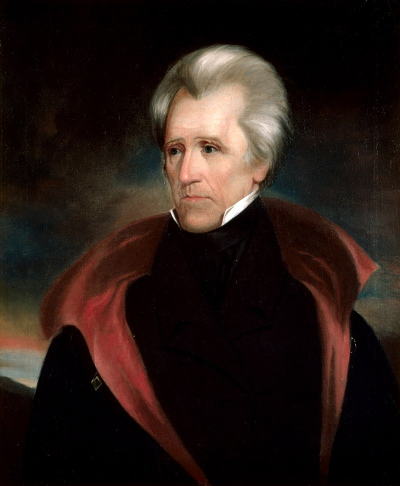
Andrew Jackson (7th U.S. President) served in the U.S. Army, U.S. Volunteer Army, and the Tennessee militia.
Though Jackson had no formal military experience, he was a quick, tough, and decisive leader, leading to his troops nicknaming him “Old Hickory.”
He was promoted to major general during the War of 1812.
His successful defense of New Orleans made him a “common man” hero among Americans, which led to his political popularity as well.
6. William Henry Harrison
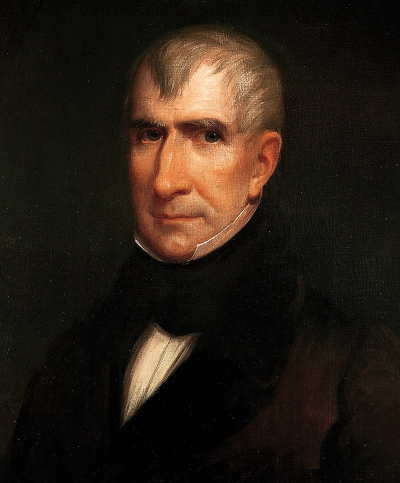
William Henry Harrison (9th U.S. President) served in the military from 1812-1814.
He served as a major general in the Kentucky militia at the outset of the War of 1812.
Harrison then took command of the Army of the Northwest.
In 1814, Harrison resigned from the Army and later received a gold medal for his victories during the War of 1812.
7. John Tyler
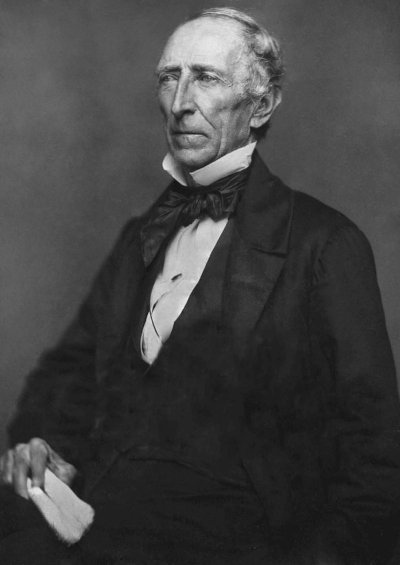
John Tyler (10th U.S. President) served as a military captain during the War of 1812.
Tyler was a member of the Virginia Militia in 1812 and was then elected to the House of Representatives.
8. James K. Polk
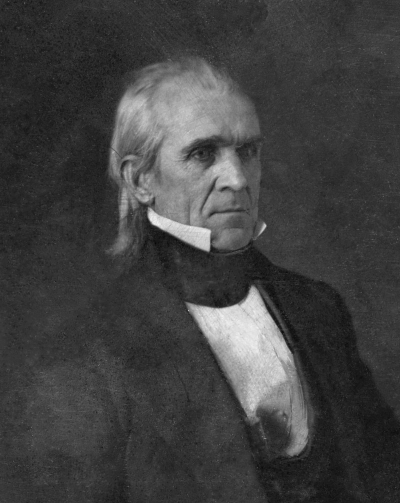
James K. Polk (11th U.S. President) was commissioned captain of a militia cavalry regiment in 1821.
Though his military service was brief, Polk was a member of the Tennessee militia and was later appointed as colonel on Governor William Carroll’s staff.
9. Zachary Taylor
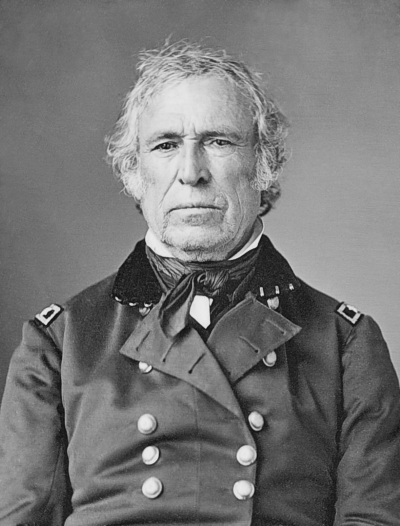
Zachary Taylor (12th U.S. President) spent a total of almost 40 years in the U.S. Army, from 1808-1849.
He served in the War of 1812, the Black Hawk War, and the Second Seminole War.
Taylor became a major general in the Army during the Mexican-American War.
In fact, it was his service during this war that earned him the reputation of national hero at its conclusion and helped to elect him president.
10. Millard Fillmore
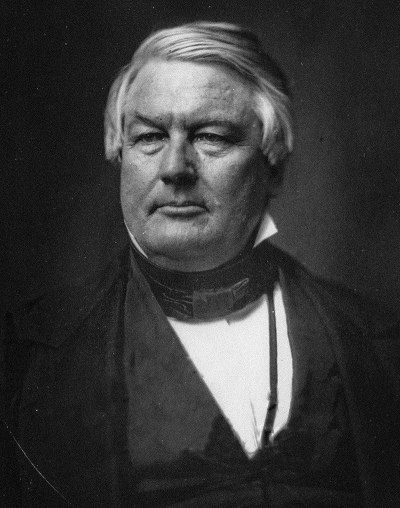
Millard Fillmore (13th U.S. President) served most of his time in the military after his presidency.
Fillmore was a strong supporter of Lincoln during the Civil War.
In 1961, as a major, Fillmore commanded the Union Continentals, which was a corps of male home guards over the age of 45 in upstate New York.
This corps trained to defend Buffalo and its surrounding area against a Confederate attack.
In addition to performing military drills, they participated in parades, funerals, and other ceremonial functions, including guarding Lincoln’s funeral train in Buffalo.
Fillmore stayed active with the Continentals until close to his death.
11. Franklin Pierce
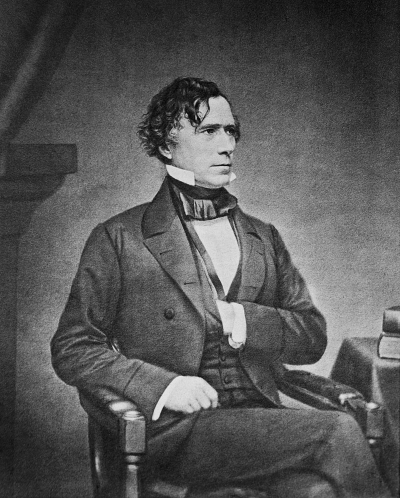
Franklin Pierce (14th U.S. President) served in the Mexican-American War from 1846-1848.
He entered military service as a private, recruiting men for the New Hampshire militia.
By 1847, Pierce was a brigadier general, leading victories in Mexico City.
However, he suffered an injury after being thrown from his horse, and missed the final victory at the Battle of Chapultepec.
Due to his injury, Pierce returned to his New Hampshire home in 1848.
12. James Buchanan
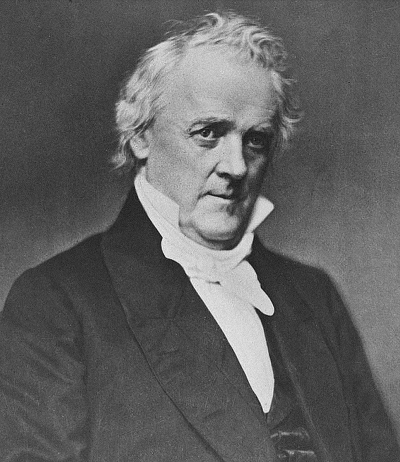
James Buchanan (15th U.S. President) served as a private during the War of 1812, the last president to serve during that war and the only president who held an enlisted rather than officer rank in the military.
During the time of Buchanan’s service in 1814, he helped defend the city of Baltimore, Maryland, from the British invasion as a member of the Pennsylvania militia.
13. Abraham Lincoln
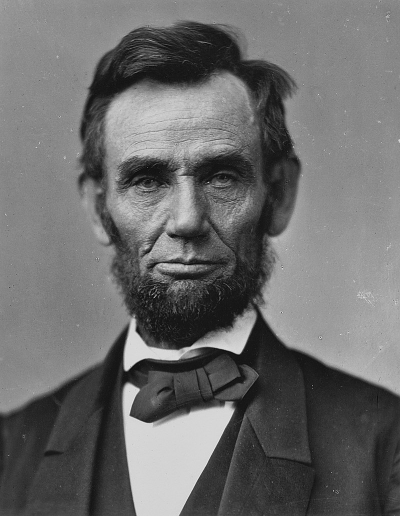
Before Abraham Lincoln’s (16th U.S. President) extraordinary leadership of the Union during the American Civil War, he was a captain in the Illinois militia.
Lincoln served for part of 1832, during the Black Hawk War.
14. Andrew Johnson
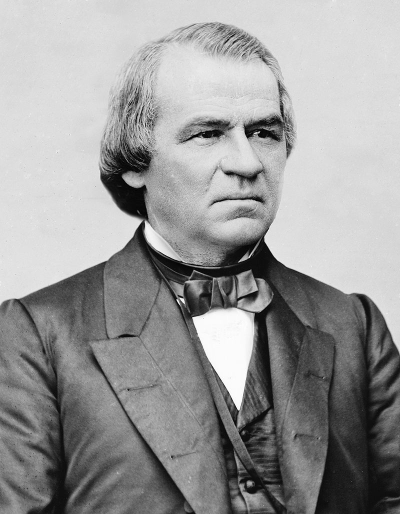
Andrew Johnson (17th U.S. President) served in the military from 1862-1865.
In 1862, Lincoln appointed him to military governor for Tennessee.
Johnson then served as a brigadier general in the U.S. Army until 1865.
15. Ulysses S. Grant
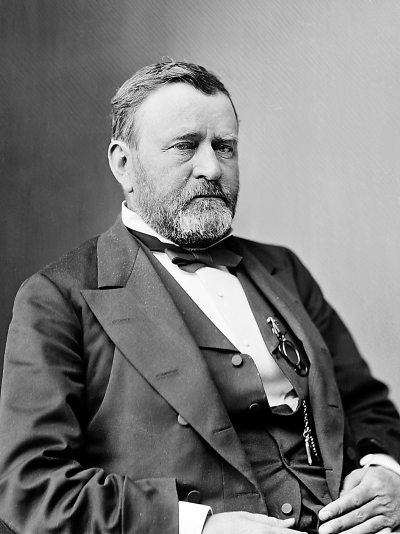
Ulysses S. Grant (18th U.S. President) was the first president to have attended a service academy.
He graduated from West Point in 1843, but did not plan to make a career of military service.
During Grant’s time in the Mexican-American War, he changed his mind and proved to be one of the most influential leaders of the Civil War and a symbol of Union victory.
In 1864, Lincoln appointed Grant as General-in-Chief.
Grant’s strategy to direct Sherman’s march across the South while he worked to defeat Lee’s army in northern Virginia led to victory over the Confederacy.
On April 9, 1865, General Robert E. Lee surrendered at Appomattox Court House, where Grant generously stipulated terms of surrender that avoided treason trials.
16. Rutherford B. Hayes
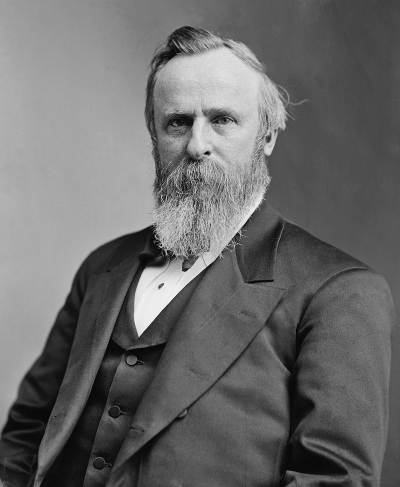
Rutherford B. Hayes (19th U.S. President) fought in the Union Army during the Civil War from 1861-1865.
He reached the rank of major general, and during his active duty service he was elected to Congress though he refused to campaign for the office.
17. James A. Garfield
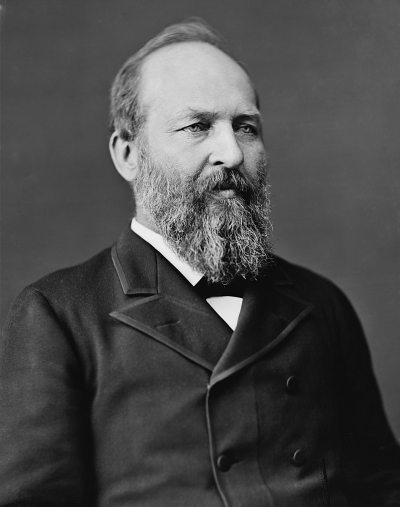
James A. Garfield (20th U.S. President) entered the Army in 1861 as a lieutenant colonel fighting for the Union during the Civil War.
In 1863, Garfield was promoted to major general and, at the time, he was the youngest officer to hold this position.
In December of 1863, Garfield resigned from the military to serve the U.S. House of Representatives, though he never actually campaigned for the position.
18. Chester A. Arthur
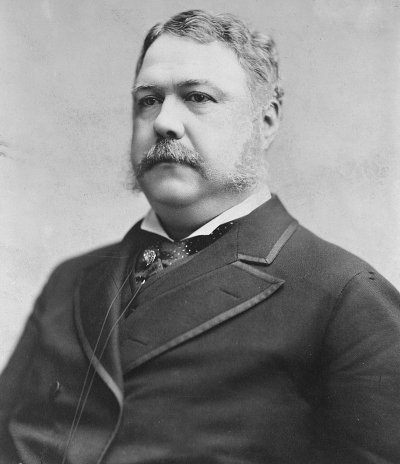
Chester A. Arthur (21st U.S. President) served in the military from 1858-1863.
He was a member of the New York militia and eventually rose to the rank of brigadier general.
Though Arthur was related to members of the Confederacy, he fought on the side of the Union in the Civil War.
Arthur never fought in a battlefield position during his five-year military career.
19. Benjamin Harrison
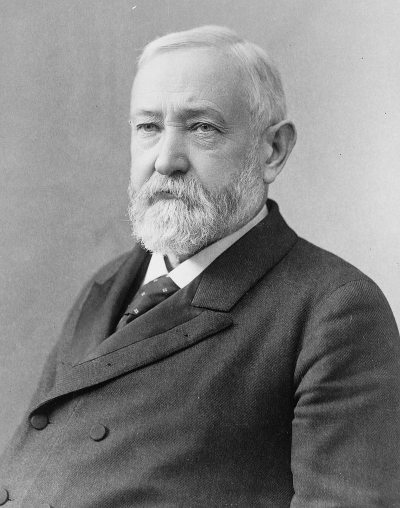
Benjamin Harrison (23rd U.S. President) was the grandson of President William Henry Harrison.
Harrison served in the U.S. Army, fighting for the Union during the Civil War from 1862-1865.
He recruited volunteers for the Army in Indiana.
In 1865, Abraham Lincoln nominated Harrison for the rank of brevet brigadier general of volunteers.
Brevet was a type of military commission bestowed for outstanding service, promoting an officer to a higher rank without corresponding pay.
20. William McKinley
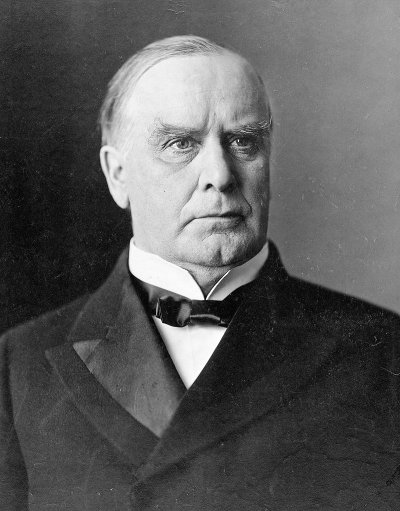
William McKinley’s (25th U.S. President) military service spanned from 1861-1865.
He enlisted in 1861 in the Union Army and achieved the rank of brevet major just before the end of the Civil War.
McKinley resigned from the Army at the end of the war.
21. Theodore Roosevelt
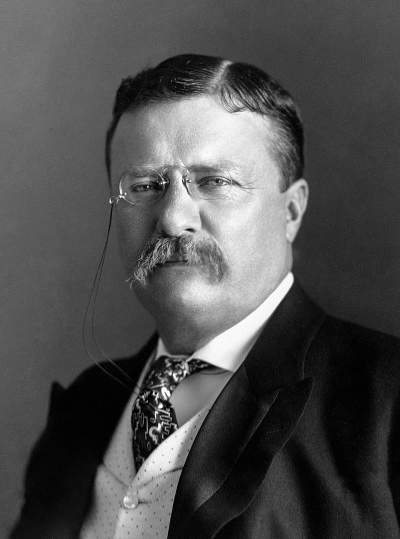
Theodore Roosevelt (26th U.S. President) believed strongly in military service, and especially the importance of the Navy in terms of national defense.
In 1897, President William McKinley appointed Roosevelt assistant secretary of the Navy.
In 1898, Roosevelt left the political world and organized the Rough Riders, a volunteer cavalry group to fight in the Spanish-American War, and was promoted to colonel.
Roosevelt was posthumously awarded the Medal of Honor in 2001 for his service in the Army while fighting in Cuba.
22. Harry S. Truman
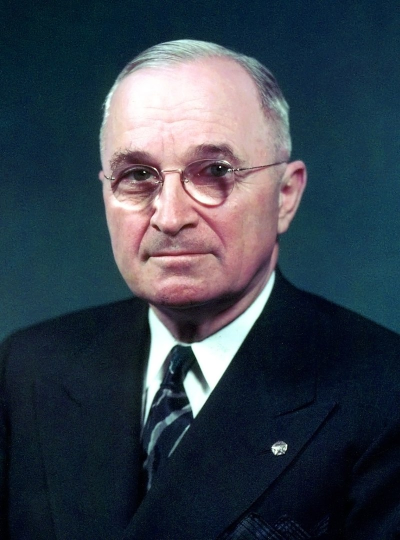
Harry S. Truman (33rd U.S. President) served in the U.S. Army from 1919-1945.
He was denied entry to West Point due to extremely poor eyesight.
Truman then enlisted in the Missouri National Guard, having memorized the eyesight test.
At the start of World War I, Truman recruited soldiers for his unit and was promoted to captain of Battery D in France.
He later achieved the rank of colonel in the Army Officer Reserve Corp.
23. Dwight D. Eisenhower
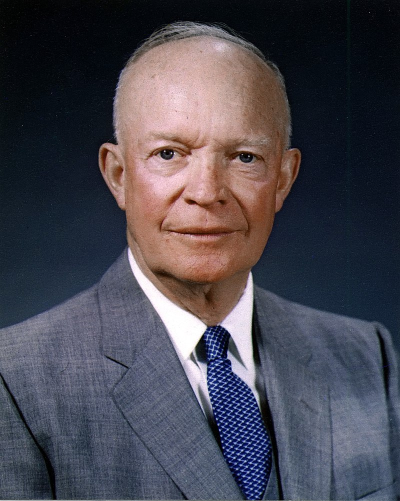
Dwight D. Eisenhower (34th U.S. President) was commissioned as a second lieutenant after graduating from West Point.
He served in both World War I and World War II, from 1915-1948, exhibiting leadership and military skills that included several appointments and promotions.
Eisenhower is one of just a few to achieve the 5-star rank of General of the Army in 1944.
He also served from 1951-1952 as first Supreme Allied Commander of the North Atlantic Treaty Organization.
In 1952, Eisenhower retired from active duty to run for U.S. president.
24. John F. Kennedy
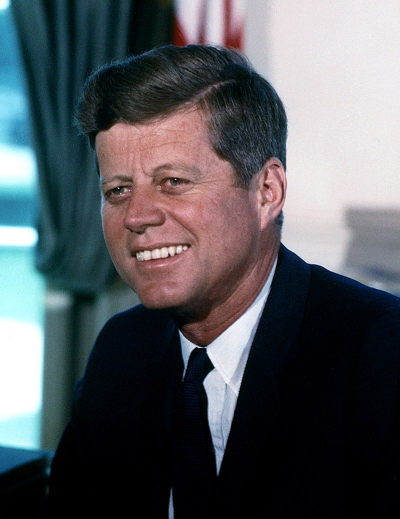
John F. Kennedy (35th U.S. President) joined the Navy after graduating from Harvard in 1940.
He served from 1941-1945 and showed great leadership and courage during World War II.
He earned a Navy and Marine Corps Medal and a Purple Heart due to rescuing survivors after an attack from a Japanese warship.
Kennedy earned the rank of lieutenant before a physical disability caused him to separate from service.
25. Lyndon B. Johnson
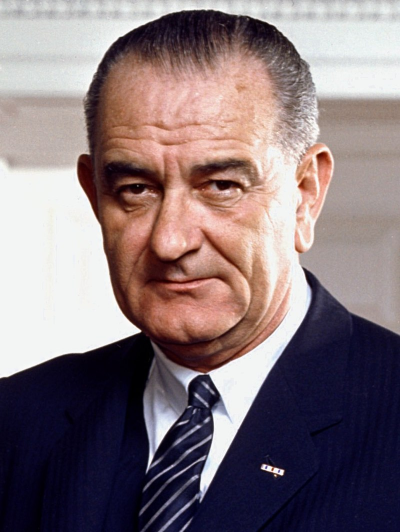
Lyndon B. Johnson (36th U.S. President) served in the Navy.
He was on active duty status, beginning his service as lieutenant commander just three days after the attack on Pearl harbor in 1941.
Johnson served until 1942 when he was released from active duty.
He remained as commander in the U.S. Navy Reserve until 1964.
26. Richard M. Nixon
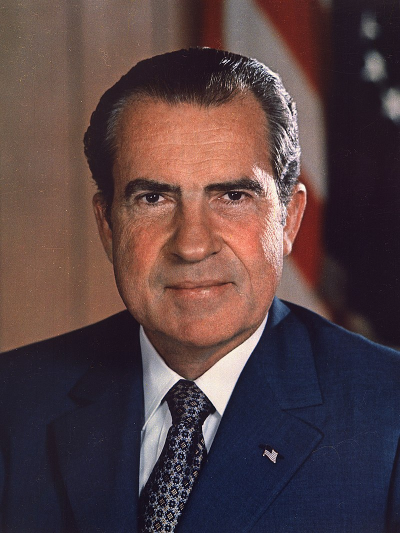
Richard M. Nixon (37th U.S. President) applied to the U.S. Naval Reserve in 1942.
Though Nixon could have been exempted for government work and his status as Quaker, he served on active duty in the South Pacific during World War II.
When released from active duty, Nixon continued his service as a commander in the Navy Reserve until 1966.
27. Gerald R. Ford
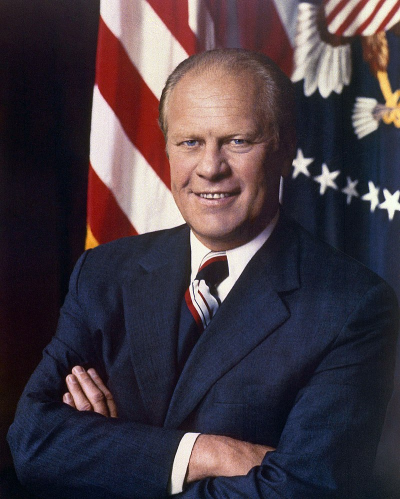
Gerald R. Ford (38th U.S. President) enlisted in the Navy just after the Japanese attack on Pearl Harbor.
Serving in the Pacific Theater during World War II, Ford’s ship was part of strikes and landings.
However, his ship was damaged by a typhoon and he was transferred to the Athletic Department at California’s St. Mary’s College and Navy Pre-Flight School.
Ford exited the U.S. Naval Reserve in 1946, at the rank of lieutenant commander.
28. Jimmy Carter
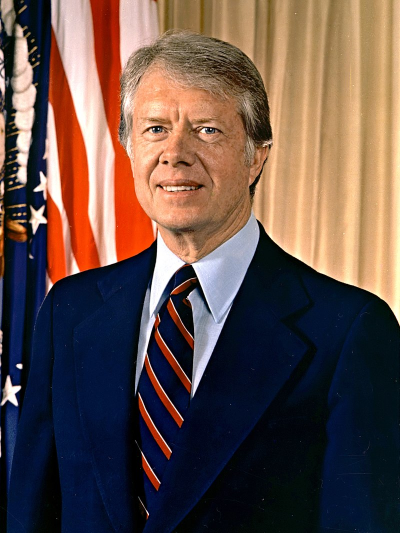
Jimmy Carter (39th U.S. President) was commissioned in the U.S. Navy in 1946.
He served on surface ship duty for two years and then applied to submarine service.
Carter eventually became a lieutenant, working on creation of nuclear power submarines.
In 1953, he resigned just after the death of his father.
29. Ronald Reagan
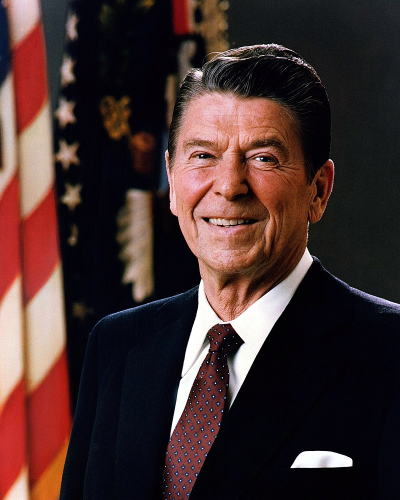
Ronald Reagan (40th U.S. President) was known for portraying service members in the movies.
However, he served in the U.S. Army from 1942-1945.
Reagan was called for active duty service during World War II, yet his eyesight precluded him from participating in combat.
Therefore, he spent the majority of his service in the Army Air Corps First Motion Picture Unit.
Reagan recorded training videos and acted in patriotic films.
He was promoted to captain during his time in the motion picture unit.
30. George H.W. Bush
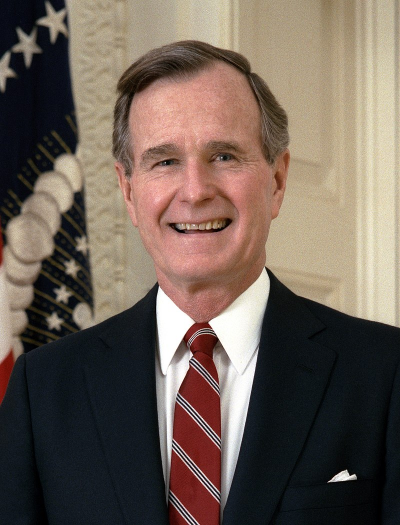
George H.W. Bush (41st U.S. President) became the Navy’s youngest pilot at the time of his enlistment on his 18th birthday.
Bush served during World War II from 1942-1945, flew 58 combat missions, and was promoted to lieutenant, junior grade.
In 1944, Bush’s plane was shot down by Japanese fire over the Pacific Ocean, earning him the Distinguished Flying Cross for heroism under fire.
31. George W. Bush
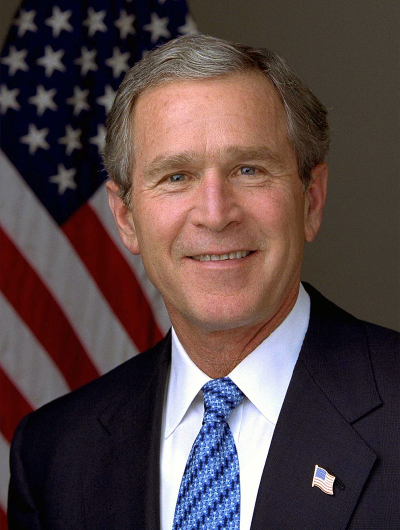
George W. Bush (43rd U.S. President), son of President George H.W. Bush, served as a first lieutenant in the Texas Air National Guard.
His service spanned from 1968-1973, during the Vietnam War.
However, Bush did not receive any overseas duty during the conflict.
Presidents That Didn’t Serve In The Military
Here is the list of 15 U.S. Presidents who have held the office without prior service in the military.
- John Adams
- John Quincy Adams
- Martin Van Buren
- Millard Fillmore
- Grover Cleveland
- William Howard Taft
- Woodrow Wilson
- Warren G. Harding
- Calvin Coolidge
- Herbert Hoover
- Franklin D. Roosevelt
- Bill Clinton
- Barack Obama
- Donald Trump
- Joe Biden
See Also
Was Bella Porch Really In The Military?
Was John Cena In The Military?
Was Mr. Rogers A Navy SEAL Sniper In The Military?
- Ikon Pass Military Discount: Learn How To Save Big - January 31, 2025
- RTIC Military Discount: Find Out How To Save Big on Gear - January 30, 2025
- Traeger Military Discount: Learn How To Save Big on Smokers - January 28, 2025

